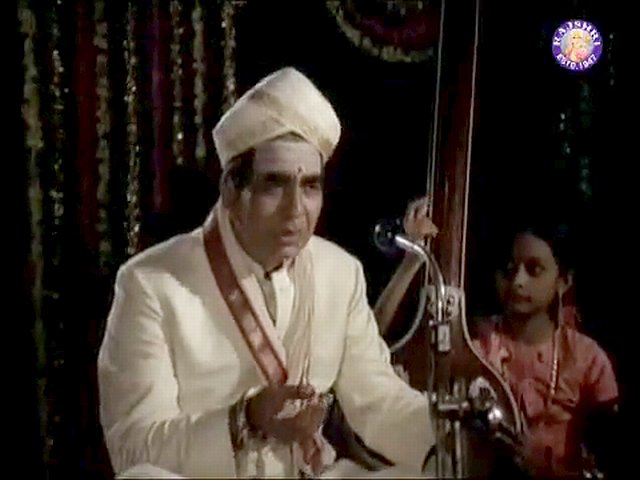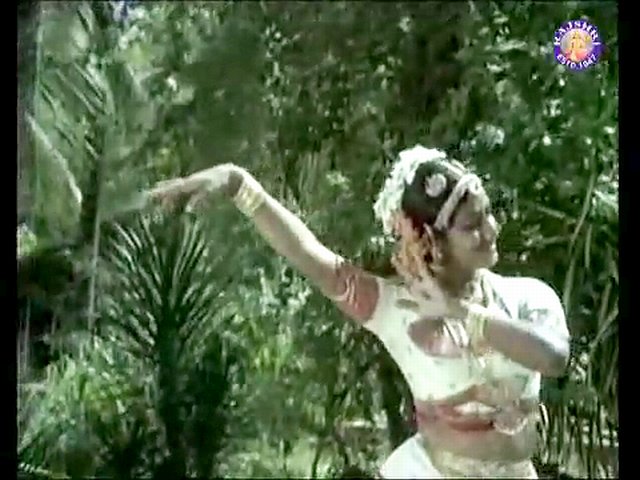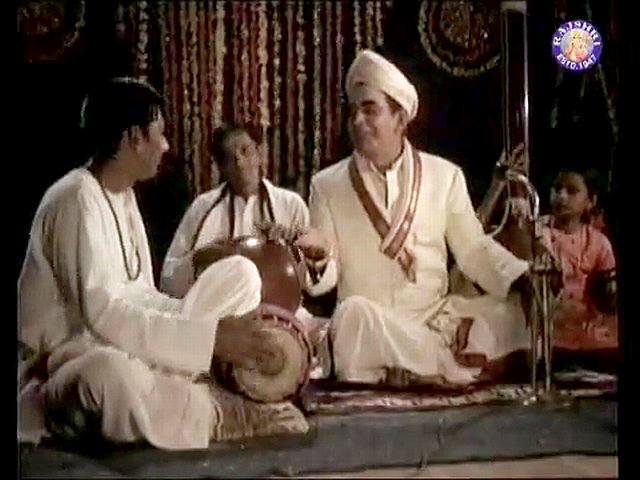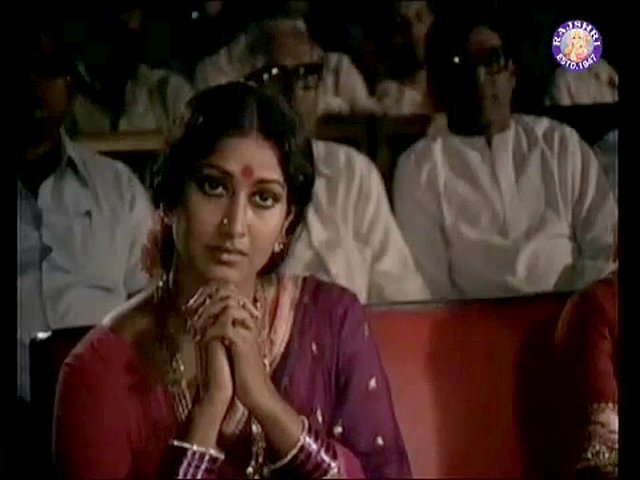
Table of Contents
While my family is originally from South India, besides speaking a language and seeing my grandmother’s Kannada books and newsletters lying around on occasion, I didn’t have a lot of regular exposure to strictly South India culture as a kid. I might have casually watched the odd film shown on Doordarshan, but only casually, since I was a lot more interested in other things. From that time, Sankarabharanam is the only film I clearly remember seeing, and the title song of sorts, Omkara nadanu has always remained in memory, even if the words are indecipherable to me.

Sankarabharanam is a Telugu film released in 1979. It was first released to a tiny test audience, got a horrible response, but gradually its following grew as people recommended it to each other, and it grew into the South Indian cinematic phenomenon of the 1980s. In time it was dubbed in Tamil, Malayalam, and even Kannada, which is probably when I saw it. As I grew older, I was exposed to more South Indian classical music, and recitals and performances of it were not a rare phenomenon, but I had no idea at the time how much this film had a hand in re-igniting the interest in Carnatic music. Like Rock On did for Indian rock music more recently, Sankarabharanam made more people aware of classic Carnatic music and became the central element around which a renewed interest grew in the general populace.

Omkara Nadanu (Sankarabharanam) – The Song
Omkara nadanu is a song sung on stage by the protagonist of the film, a talented and serious musician who’s life the movie covers. On occasion it veers into more traditional Indian film song sequence with a dancer on screen as the other major character of the film, a prostitute’s daughter, imagines dancing to the ethereal music she is so taken by. The direction by K.Viswanath and the cinematography by Bhalu Mahendra is solid and effective, making a fairly simple premise cinematic and engaging.

The actors J.V. Somayajulu and Manju Bhargavi play their roles consummately, with Somayajulu doing a very convincing performance as the man behind the voice provided by playback singer S. P. Balasubrahmanyam. The music by KV Mahadevan is thoroughly classical in its character while introducing a certain light-hearted relatability to it. The music of this film had a major contribution in making it the popular phenomenon it went on to be.
Sankarabharanam was ultimately a polemic, about the decline of classical Carnatic music and a need to preserve it. Perhaps such sentiments are more valid today and less widespread. At the time in the early 1980s, this extremely theatrical and tragic story about a music maestro and a prostitute’s daughter captured imaginations and changed minds. Today would require convincing in a different garb, but the music continues always, in whatever form it may be and Omkaara naadaanu is still a very attractive form of it.